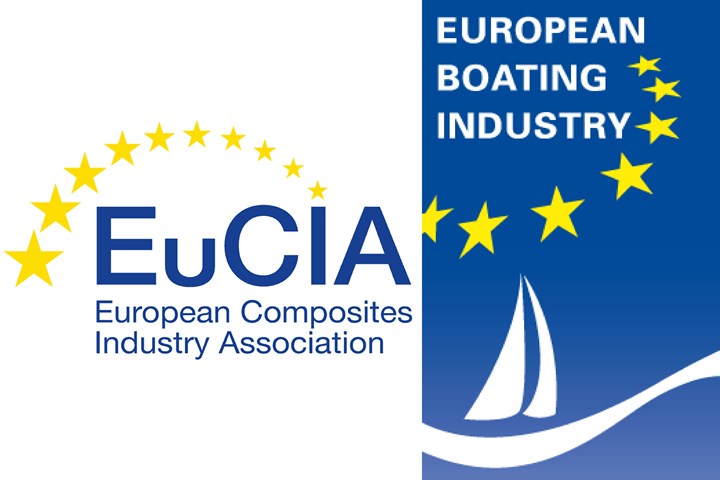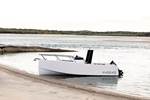EuCIA, EBI partnership aims to progress EOL composite solutions for boat building applications
Partnership will follow EU policy developments, focus on dismantling, recycling and future composite materials.

As of April 26, following a common understanding of the importance of the circular economy and aiming to find solutions for end-of-life (EOL) composites, European Boating Industry (EBI, Brussels, Belgium) and European Composites Industry Association (EuCIA, Brussels) have agreed to a formal partnership. The aim will be to find common approaches to the key issues of dismantling, recycling and the future of composites in the recreational boating industry.
The partnership will also follow policy developments at the EU level, such as the European Green Deal, the Circular Economy Action Plan and the Working Group on End-of-Life boats, co-chaired by EBI and the European Commission Directorate-General for Maritime Affairs and Fisheries (DG MARE). Moreover, cooperation will extend to other composite-related industries, such as the wind energy and transportation segments.
According to EBI and EuCIA, composites are the main material used for making hulls, decks and large components in boat building; it is estimated that 95% of all boats will have composite parts. Given that composite boats have been built already for several decades, the number of boats reaching their EOL is expected to increase in the coming years. However, current use of composites by the recreational boating industry is currently estimated to be around 3% of the global composite market, with infrastructure, transportation and the wind energy the largest use sectors.
Related Content
-
Natural fiber composites: Growing to fit sustainability needs
Led by global and industry-wide sustainability goals, commercial interest in flax and hemp fiber-reinforced composites grows into higher-performance, higher-volume applications.
-
Hexagon Purus Westminster: Experience, growth, new developments in hydrogen storage
Hexagon Purus scales production of Type 4 composite tanks, discusses growth, recyclability, sensors and carbon fiber supply and sustainability.
-
Composites end markets: Electronics (2024)
Increasingly, prototype and production-ready smart devices featuring thermoplastic composite cases and other components provide lightweight, optimized sustainable alternatives to metal.







.jpg;maxWidth=300;quality=90)




